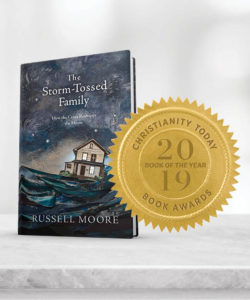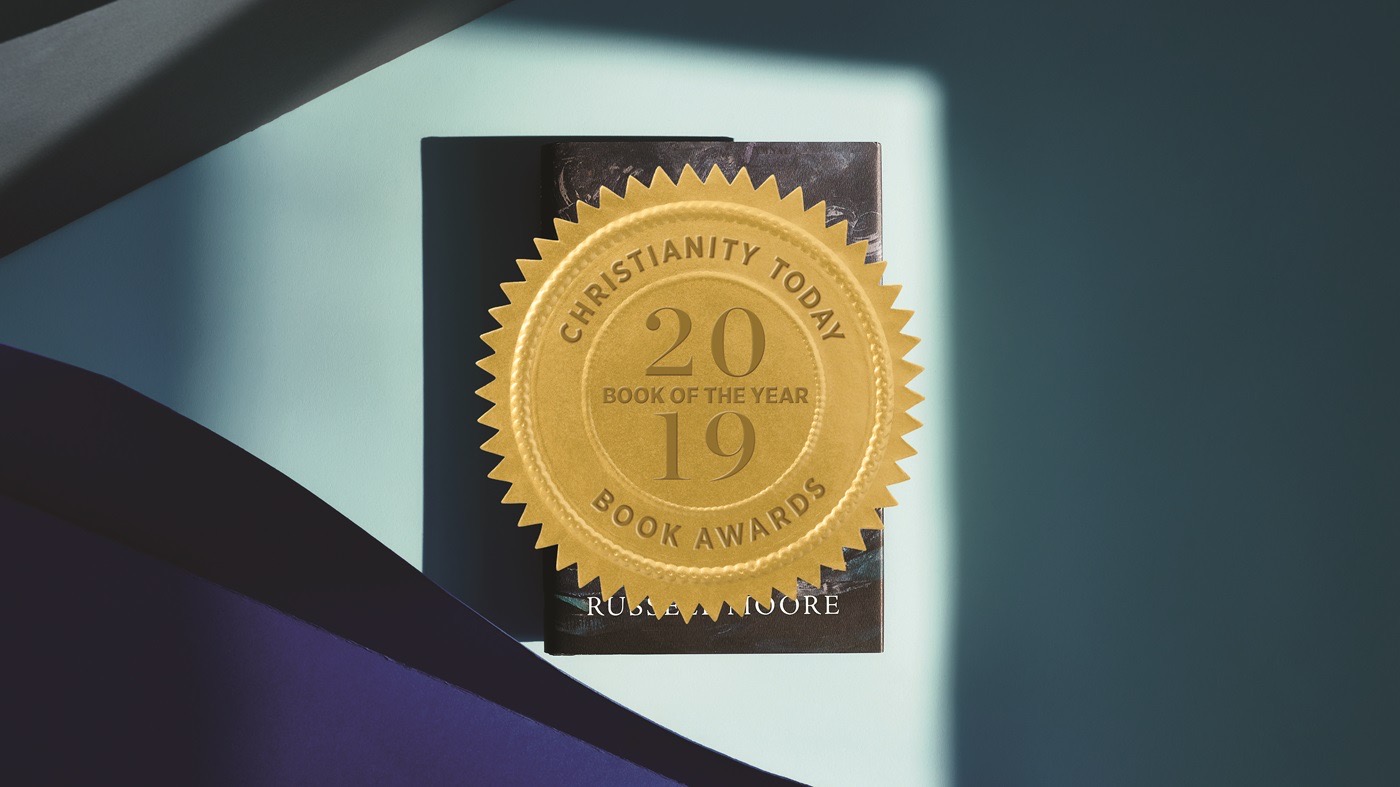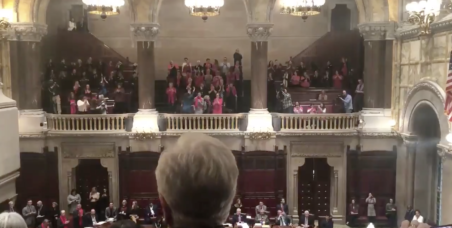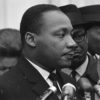In writing this post, I wanted to wait until the print edition of the January issue of Christianity Today was out, I suppose as a way to confirm to myself that it was really “real.” Having received my copy in the mail now, I want to say “thank you” to CT for naming my book, The Storm-Tossed Family, the Christianity Today 2019 Book of the Year.
This would mean a lot to me no matter what, of course, but it is especially moving to me coming from this particular magazine. Let me tell you why.
As I’ve said and written many times before, in many different places, much of my calling is rooted in a crisis I had through my teenage years, a crisis of faith in whether Jesus was just the projection of what I had seen in the dark side of southern Bible Belt evangelicalism. As I’ve pointed out elsewhere, the writings of C.S. Lewis were crucial in pointing me toward the actual Jesus, rooted in Nazareth and in heaven, and toward the big, broad, capital “c” Church, “awesome as an army with banners.” That saved my faith, and my life. Again, as I’ve written elsewhere, the writings of Frederick Buechner were pivotal for me, showing me a vision of Christianity that could speak to both imagination and reason. And the music of Michael Card was instrumental, teaching me how to read the Bible and to love the “power of paradox” inherent in the gospel. But Christianity Today was just as important in keeping me from profound spiritual and psychic danger.
As a very young teenager, I was a voracious consumer of contemporary Christian music. Yes, the kind that many would dismiss as kitsch. I listened to every word sung by artists ranging from Amy Grant to Petra. Along the way, at some point, I came to read a magazine about the genre called CCM. I don’t remember anything about the industry news in those magazines, but I do remember being drawn to a monthly column by a writer named John Fischer. In time I picked up his books of essays as well. I resonated with the fact that this writer, like Lewis, didn’t expect his readers to put their minds or their consciences in a blind trust. There were no crazy conspiracy theories, no political rants, no Dungeons and Dragons is a gateway drug to human sacrifice assertions. There was instead a compelling vision of God’s grace in Jesus Christ. Somewhere along the way, one of these columns referenced a Christianity Today writer named Philip Yancey.
 I found Yancey’s column in an issue of CT, probably in the public library, and it electrified me. Yancey clearly had seen the same stuff I had seen in purportedly “Christian” subcultures—the racism, the immorality, the violence, the legalism—but he loved and trusted Jesus, and he pictured him just as I knew him to be, as beautiful, as full of both truth and grace. Each month in this magazine I found other columnists—J.I. Packer and Charles Colson, most particularly, who likewise fanned my faith into a flame. They were solidly orthodox—I had no interest in theological liberalism, which could diagnose the problems I had seen, but offered nothing real to answer those problems. They were theologically robust, not clichés and slogans. Each month these columns became for me a kind of Radio Free Bible Belt, dispatches from a place where evangelicals stood with courage for the total truthfulness of God’s word and did so not as angry, dispirited sectarians but as ambassadors of a gospel that is good tidings of great joy, which shall be to all peoples.
I found Yancey’s column in an issue of CT, probably in the public library, and it electrified me. Yancey clearly had seen the same stuff I had seen in purportedly “Christian” subcultures—the racism, the immorality, the violence, the legalism—but he loved and trusted Jesus, and he pictured him just as I knew him to be, as beautiful, as full of both truth and grace. Each month in this magazine I found other columnists—J.I. Packer and Charles Colson, most particularly, who likewise fanned my faith into a flame. They were solidly orthodox—I had no interest in theological liberalism, which could diagnose the problems I had seen, but offered nothing real to answer those problems. They were theologically robust, not clichés and slogans. Each month these columns became for me a kind of Radio Free Bible Belt, dispatches from a place where evangelicals stood with courage for the total truthfulness of God’s word and did so not as angry, dispirited sectarians but as ambassadors of a gospel that is good tidings of great joy, which shall be to all peoples.
In a short time, a former Christianity Today editor, Carl F.H. Henry, would likewise reorient my intellectual and spiritual map, first with his little book, The Uneasy Conscience of Modern Fundamentalism, then with his magnum opus God, Revelation , and Authority, and, ultimately, in real life as I came to know the great man. Dr. Henry confirmed my intuitions, that inerrancy is intellectually credible, and that God is both the God of justice and of justification, that the gospel has real implications for the way we live justly and stand up to injustice for those around us.
So thank you, Christianity Today, and not just for this gracious award. I can think of many books who deserve the award more than mine, but I am quite sure that there would be no books by this author if it hadn’t been for the examples set by Packer and Yancey and Colson and others in your pages. I’m not sure that I measure up, or ever will, to that standard of “beautiful orthodoxy” in my writing, but I aspire to do so. And if I ever reach it, you can know that, I learned it from you.








